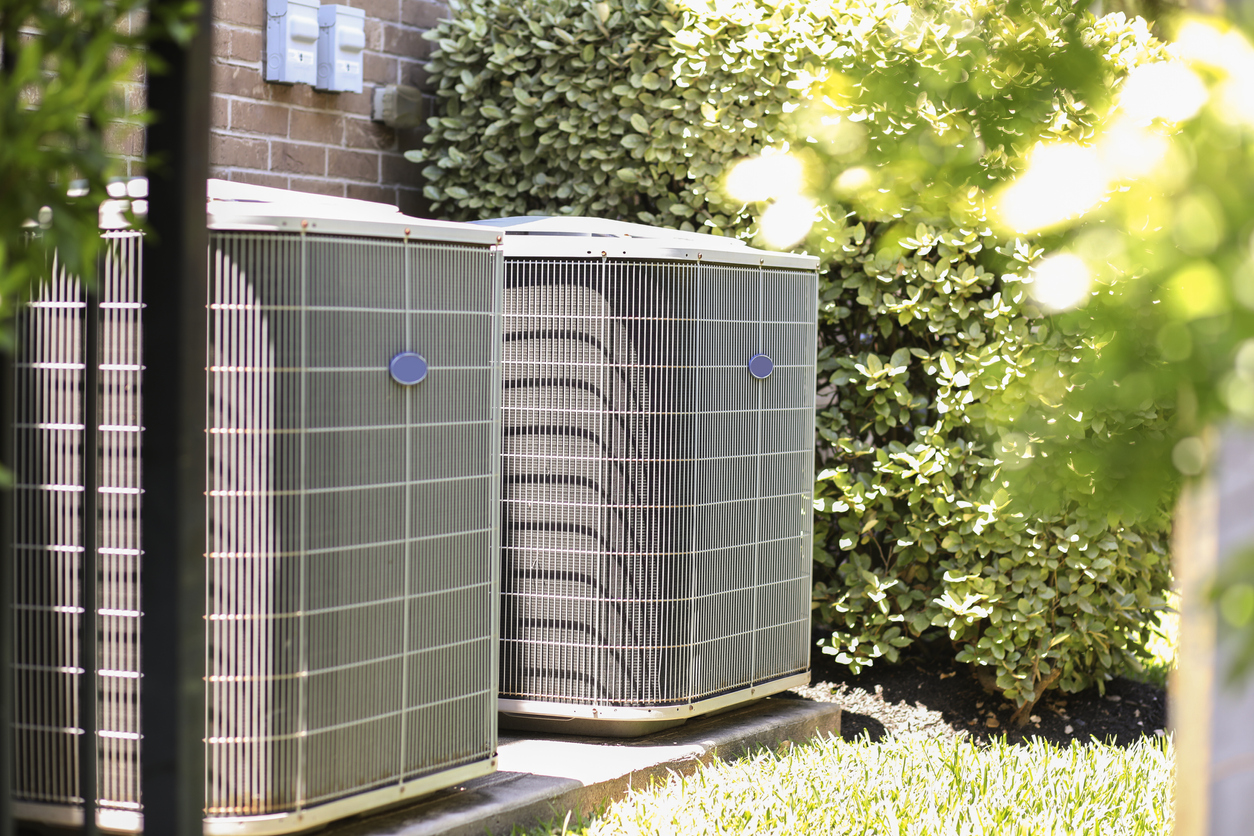As homeowners and business owners, we aim to provide the utmost comfort and safety within our premises. A crucial aspect of maintaining this comfort is understanding and adequately managing Heating, Ventilation, and Air Conditioning (HVAC) systems. There are many myths about HVAC systems, some of which could lead to poor maintenance practices and increased expenses. By dispelling these myths and arming ourselves with accurate information, we can better address our needs, optimize system performance, and even reduce energy costs.
Myth 1: The Bigger, the Better
One common myth is that a more extensive HVAC system will necessarily provide superior service. However, an oversized unit isn’t always the optimal choice.
- An excessively large system may cycle on and off frequently, leading to increased wear and tear and shorter equipment lifespan.
- It may not run long enough to effectively dehumidify the air, leading to an uncomfortable indoor environment.
- An oversized system will likely consume more energy than necessary, leading to inflated utility bills.
Instead of listening to the “bigger is better” narrative, having a professional determine the appropriate system size based on your property’s size, layout, and insulation levels is wiser.
Myth 2: Thermostat Location Doesn’t Matter
Contrary to popular belief, the location of your thermostat significantly impacts your HVAC system’s efficiency.
- If placed near heat sources such as appliances or windows receiving direct sunlight, your thermostat may register a higher temperature than the ambient temperature. This could cause the AC to run longer than necessary, leading to energy waste.
- Conversely, if placed in cooler areas, your heating system might overwork, increasing energy consumption.
For best performance, thermostats should be placed on interior walls away from direct sunlight and heat-producing appliances.
Myth 3: Cranking Up the Thermostat Heats or Cools Faster
Adjusting the thermostat may speed up heating or cooling. HVAC systems work at a consistent rate regardless of the temperature setting.
Cranking the thermostat won’t make the system work faster but may lead to excessive energy consumption and discomfort from overheating or overcooling.
- Set your thermostat to your desired temperature for optimal results, and let your system do its job.
Many homeowners believe that it doesn’t require regular maintenance as long as their HVAC system runs. This misconception can lead to neglected systems, unexpected breakdowns, and costly repairs.
- Like a vehicle, HVAC systems need regular check-ups to ensure they operate efficiently.
- Routine maintenance can identify and fix small issues before they become significant problems, extending your system’s life, and maintaining efficiency.
Myth 5: Air Filters Only Need Annual Replacement
A common misconception about HVAC systems is that the air filters only need to be replaced once a year.
- While some high-quality filters may last up to a year, most standard filters should be replaced every 1-3 months.
- Regular replacement of filters is crucial as they trap dust, allergens, and other particles, maintaining the air quality in your home.
- A dirty filter impedes airflow, forcing your system to work harder and thus increasing energy consumption.
Keeping track of when your filters are due for replacement is crucial, which varies depending on the filter type, your home’s air quality, and the number of pets and occupants.
Myth 6: HVAC Systems Don’t Affect Air Quality
Contrary to this myth, HVAC systems significantly affect your home’s air quality.
- Properly functioning HVAC systems filter out airborne pollutants and control humidity levels, significantly improving indoor air quality.
- Conversely, neglected systems could circulate dust, allergens, and other harmful particles, potentially leading to health issues.
- Regular maintenance, including cleaning and replacing filters, is crucial to maintain healthy indoor air.
Myth 7: HVAC Systems Only Control Temperature
Many believe that HVAC systems only regulate temperature, but their role extends beyond heating and cooling.
- HVAC systems control the airflow, circulating air, and reducing stagnation.
- They help maintain the optimal indoor humidity level, which can impact comfort, health, and even the longevity of your home fixtures.
- They significantly influence indoor air quality.
Myth 8: All HVAC Systems Are the Same
Contrary to this belief, HVAC systems come in various types and models, each offering unique features and benefits.
- From central systems and ductless mini splits to heat pumps, the variety of HVAC systems available can cater to different needs and preferences.
- They also vary in energy efficiency, installation requirements, and maintenance needs.
- It’s essential to understand the unique characteristics and requirements of your specific system or to consult a professional when choosing a new system.
Myth 9: Closing Vents in Unused Rooms Saves Energy
This myth could not only increase energy consumption but also damage your system.
- HVAC systems are designed to distribute air evenly throughout your property. Closing vents disrupt this balance, causing the system to work harder to maintain the set temperature.
- Over time, this could increase energy usage, cause system wear and tear, and even lead to duct leaks.
- Instead of closing vents, consider zoning solutions or programmable thermostats for more efficient temperature control.
Myth 10: Windows and Doors Don’t Affect HVAC Efficiency
The insulation capacity of your windows and doors significantly impacts your HVAC system’s performance.
- Poorly insulated or sealed windows and doors allow conditioned air to escape and outside air to enter, forcing your system to work harder to maintain the set temperature.
- Investing in energy-efficient windows, doors, and proper sealing can dramatically improve your HVAC system’s efficiency and reduce energy costs.
Contact Us
Misconceptions surrounding HVAC systems can lead to suboptimal usage and increased costs. However, by debunking these myths and arming ourselves with accurate information, we can maximize the efficiency of our HVAC systems. With accurate knowledge and professional support, we can navigate the intricacies of HVAC systems and cultivate healthier, more comfortable indoor environments. See how our team at Progressive Air Systems can help!

